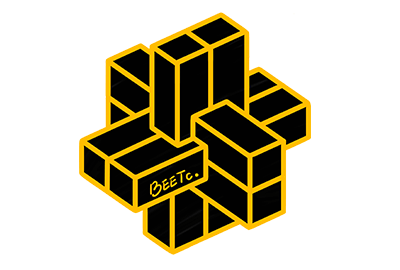How has your organization / team dealt with the challenge of the marketing industry and wider digital world evolving at such a fast pace?
The media industry has been heavily impacted by the digital revolution. The industry duopoly of Facebook and Google has driven an advertising revenue shift away from publishing and the issue of misinformation has combined with this development to create something of a perfect storm. Dow Jones has maintained a robust dialogue with the tech giants over a number of years and we are now seeing some of the fruits of those ongoing discussions. This includes changes to and acceptance of responsibility for ensuring trusted factual news (which sits behind a paywall) surfaces in search results and that quality content creators like WSJ are being paid for the important work we do.
Currently, what are you primarily looking for in your digital marketing efforts? Awareness or engagement? Why?
From my perspective, I have a view when it comes to what our clients are looking to drive from their marketing efforts using WSJ as a channel. Often clients work with WSJ for our ability to convene and engage a discerning audience. That means that we are more likely to produce thought leadership content for them and focus on engagements such as speaker platforms – essentially, it’s about delivering moments in time where they can drive brand awareness, but delivered using bespoke content or engagement activations.
What is your key takeaway piece of advice that you would give when speaking to others on how to evaluate and select a MarTech stack?
Ensure you are clear on the business problem and requirements that you wish to improve on as a first step. Take the time up front to articulate this, and then do your research on providers. You may find more value and ROI in a more niche and customized technology than a full-blown stack. I would also say that you need to establish a core stakeholder group to support the process, and get their feedback and buy-n along the way. This will make the implementation and change management process much smoother. Once selected, stick to a rigid timeline where possible to get it up and running and minimize the limbo stage which can be frustrating.
For you and your team, which is currently recognized as the larger challenge – MarTech integration or MarTech strategy?
Both are equally important and present challenges. A lot of our MarTech decisions and strategy are made from the US and not localized or regionalized. One of the challenges of delivering these services across a large multinational like Dow Jones is integration. Working to find efficiencies and driving even closer collaboration on campaigns sits at the core of what my teams look to deliver.
What do you predict as being the top MarTech trends for MarTech in 2020?
With the recent confirmation from Google declaring their ending of support for third party cookies in its Chrome browsers, I think we are about to see a flurry of new ad tech solutions rushed to market, designed to counter fall out. The impact of this development will be huge for marketers who have become reliant on cookies for third party data. Publishers and brands must now consider new models and strategies for collecting first party data which will fundamentally change the digital marketing ecosystem. I am sure there will be some exciting new MarTech that comes out of the so-called ‘cookie apocalypse.’
Podcasting, audio formats and smart speakers are also steadily on the rise, and I expect we will see a lot of new MarTech coming out to analyze, track, and better serve this consumer market which is exciting.















